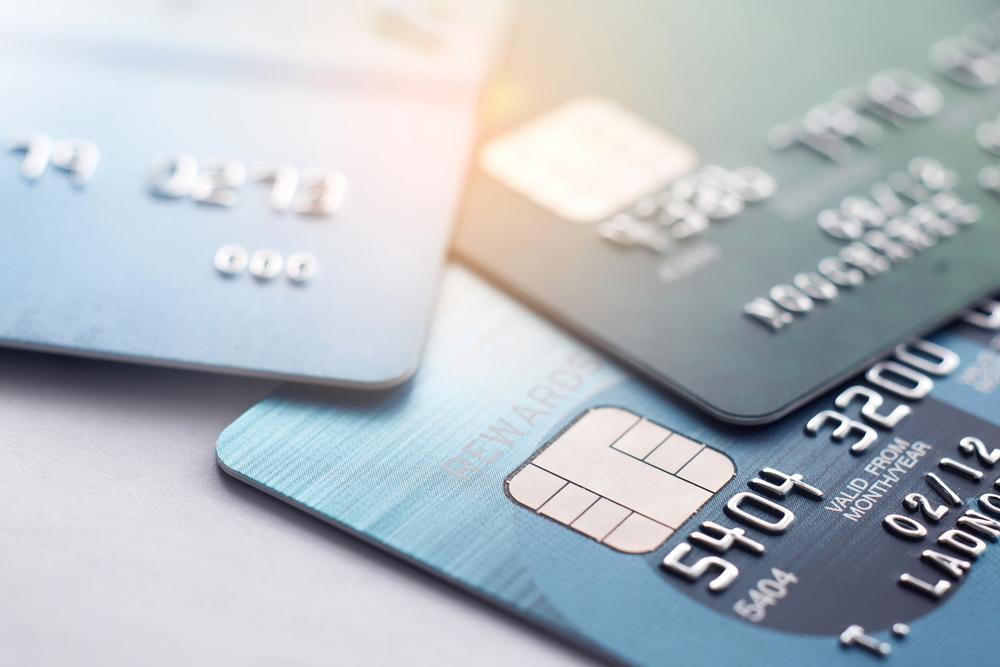There are many reasons not to carry credit card debt. The most obvious is that it’s really expensive. And here’s a reason often overlooked: It seems so much harder to work for money you’ve already spent.
But what if you do not carry any credit card debt at all? There are some who would say it is perfectly reasonable to use credit to pay for everything, provided you are able to pay it back down to $0 during the grace period.





